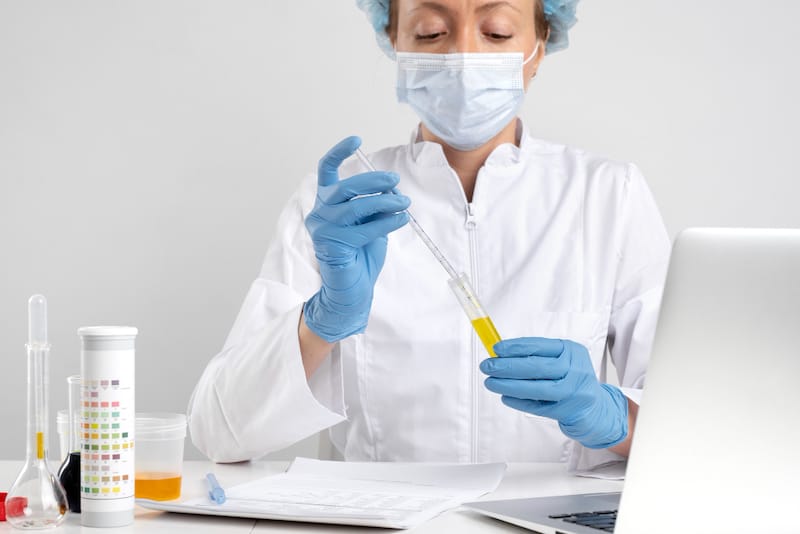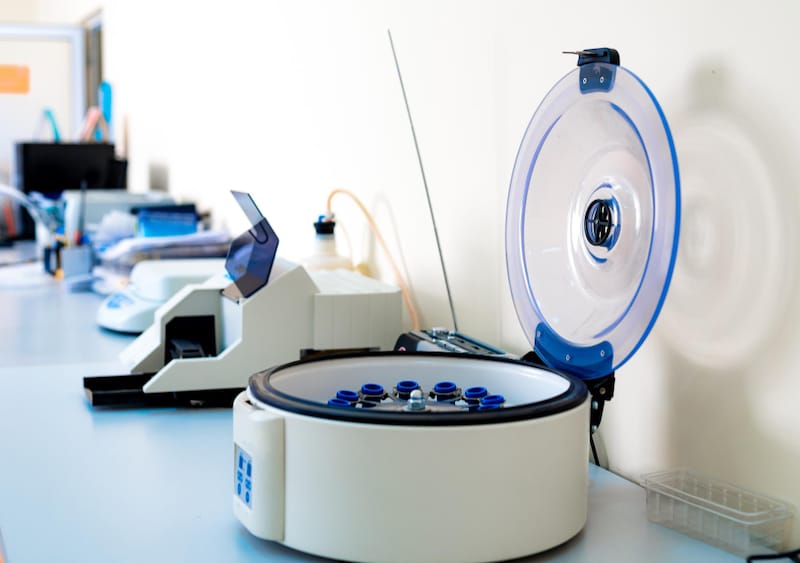Occ in urine test may mean occasional and which means a few white blood cells can be seen which should be no cause for alarm. Other bodies that can be seen in urine include glucose, nitrites, proteins, and even ketones. Some levels of WBCs can indicate a UTI.
Every time you wake up to visit the washroom at whatever time of the day or night, you may find out that your mind is instinctively inclined to note any changes in your urine.
As a result, your urine’s color or even its odor may be a red flag of conditions or diseases in your body that may need specialized medical attention.
As much as urine may show much about our health in its composition, it also indicates whatever we are using for food and drink or even lack of such.
Alcohol, spices, additives in foods and beverages, water, and medications affect the composition, color, and odor of urine.
Since the onset of medical practice, urine tests have been used for diagnosis or even the most important part of any medical examination.
In addition, to check the progress of treatment and conditions in your body.
When our urine gets tested, many parameters may be analyzed to come up with an overall conclusion.
They may check your urine color, odor, clarity, pH, specific gravity, and several other factors that we will discuss in this article to help us understand some of the things we need to know about urine tests.
From time to time, you may find occ written on the results of your urine test. Most people have had their concerns about that abbreviation which means occasional.
When a doctor rights that, they may mean whatever they have seen or noticed is not uncommon and can be passed on as either harmless or even easy to handle.
What gets checked in a urine test

1. Color and clarity
Normally urine happens to be slightly brownish. Even so, many things regarding our lifestyles may affect the color of our urine.
Those may be our dietary aspects, medications, diseases, and even the amount of water we drink. Water makes the urine either darker or lighter in color.
As for clarity, normally, urine must always be clear and free of bacteria, blood, sperm, crystals, and other things that may give it a cloudy appearance.
So when you notice such an unusual lack of clarity in your urine, you might as well be quick to get a test to avoid any possible escalation of an underlying condition.
2. Urine pH
Generally, pH shows how any substance can either be acidic or alkaline, not excluding the urine. A scale of 1 to 7 shows acidity, while 7 per se is neutral, and everything above it up to 14 shows alkalinity.
The normal range of urine pH is generally between 4 and 8. That may show that urine is almost slightly acidic to slightly basic most of the time, thanks to uric acid and many other alkaline components.
Even so, some treatments or medications may affect the pH of our urine.
So doctors may also advise us on the pH levels we may need to maintain, either alkaline or acidic, to avoid some kidney stones that may chance on one side of the pH scale or the other.
3. Glucose and proteins
Normally urine must have no proteins and a very small amount of glucose which is the type of sugar in our blood. Even so, the presence of these two nutrients in our urine happens from time to time.
Protein in your urine may show many things, including pregnancy, diseases, especially of the kidney, fever, and hard exercise.
On the flip side, when so much blood sugar is present in your urine, you may have uncontrolled diabetes, diseased kidneys, or both.
4. Nitrites, ketones, and leukocytes
Bacteria that cause urinary tract infections change urine nitrates to nitrites, so the presence of nitrites in urine may mean you have a UTI to handle.
Likewise, leukocytes or white blood cells may indicate a UTI, just like the nitrites.
Ketones form during the body’s process of breaking down fats for energy.
Ketones get passed out normally by urine, but when there are too many in the urine, it may mean a severe condition known as diabetic ketoacidosis is taking place.
Urine microscopic analysis
Most of us have probably heard about a centrifuge and its use in milk processing.

In microscopic urine analysis, the urine in a test tube gets spun around where the formerly suspended particle components in the urine settle at the bottom as sediment.
The sediment gets spread out on a glass slide and analyzed under a microscope, whereby many of the components discussed in the previous subtopic may be seen.
FAQs
What is a positive urinalysis for UTIs?
When you have a urinary tract infection, you may have a positive of nitrites in your urine test since bacteria that cause UTIs to change nitrates in urine to nitrites.
Likewise, the presence of WBCs esterase in urine can also indicate the presence of a UTI.
What should not be in urine?
So many components get observed in urine that should not be there in normal and healthy urine. They include WBCs, nitrites, bacteria, and proteins, among many other possible things.
Conclusion
A urine test may be a very important part of your medical exam. In addition, it may bring to the limelight a condition that may be hard to diagnose otherwise.
Although this part comes almost naturally, you must always keep a close watch on aspects of your urine such as color, odor, and clarity.
Therefore, every time you notice something off in your urine, you must get medical help from a doctor, which may include testing.
Again, avoid treating any symptom you see with over-the-counter medication without a proper prescription from the doctor.


